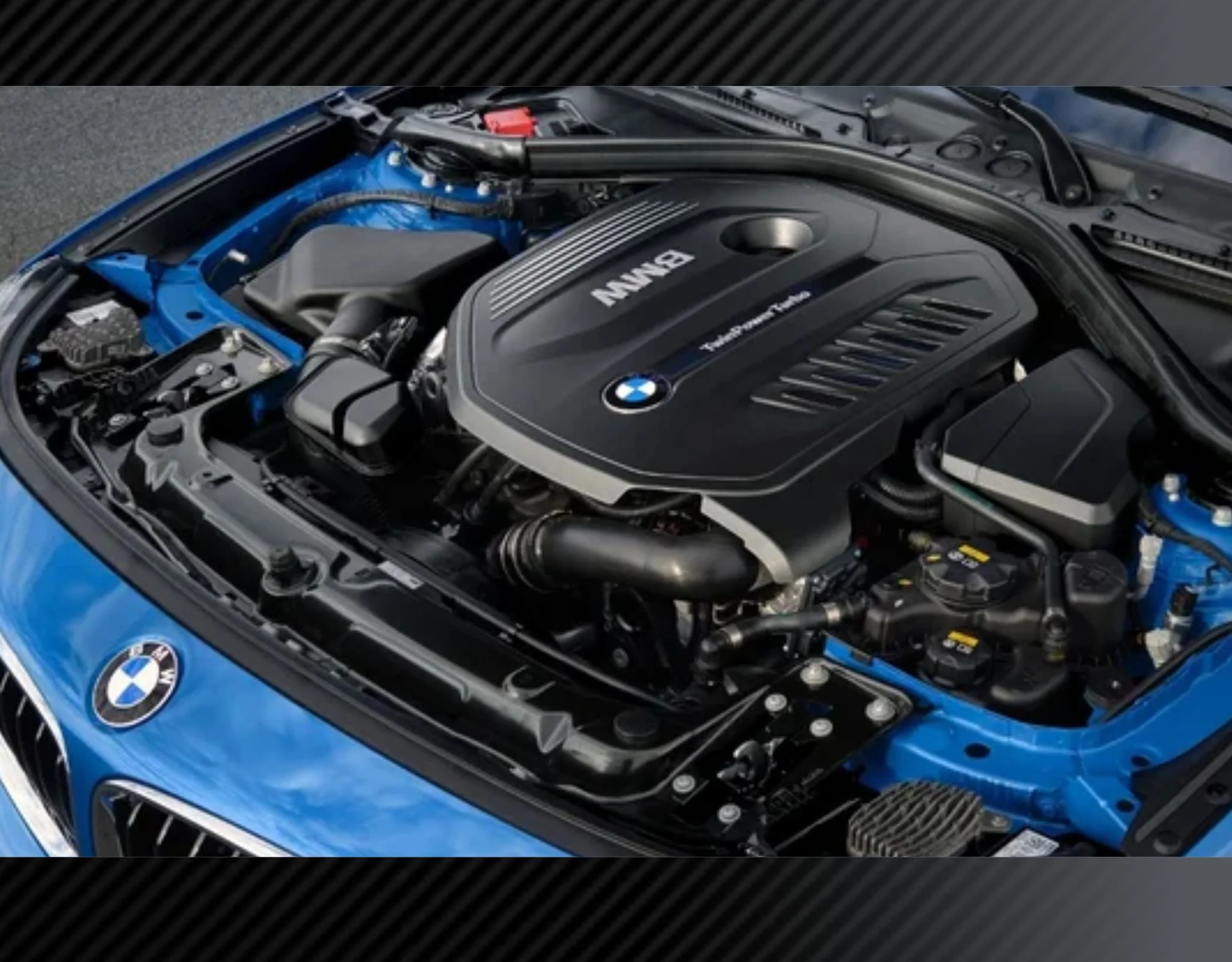Building a fast, reliable N63 BMW without overspending is entirely possible if you understand the engine’s strengths and weaknesses. The N63 is a powerful twin-turbocharged V8 found in various BMW models like the 550i, 750i, X5, and X6. While it delivers impressive performance, it also has a reputation for potential reliability concerns if not maintained properly. This guide breaks down how to get the most performance and dependability out of your N63 without burning through your savings.
Understand the N63’s Foundation
Know the Engine Versions
The N63 has multiple iterations—N63, N63TU, N63TU2, and N63TU3. Each upgrade brought improved reliability and performance. Early versions (2008–2012) are more prone to issues like oil consumption and valve stem seal failure. The later N63 variants come with updated internals and better thermal management.
Focus on Preventative Maintenance
Maintaining your N63 is critical. Neglect leads to costly problems. Always use high-quality oil, stick to OEM filters, and change spark plugs every 30,000 miles. Keeping the N63 cool is also essential, so regular coolant checks and radiator cleaning should be routine.
Maximize Performance Without Sacrificing Reliability
ECU Tune and Piggyback Solutions
One of the most cost-effective ways to boost your N63‘s power is with an ECU tune. A Stage 1 tune can add 80–100 horsepower and 100–120 lb-ft of torque, depending on your model. Piggyback units like JB4 offer gains while keeping the car reversible to stock.
Upgrade Charge Pipes and Intercoolers
The plastic charge pipes in the N63 can crack under high boost. Replacing them with aluminum ones improves durability and throttle response. Similarly, upgrading the intercoolers helps manage heat, keeping your N63 engine cool under pressure.
Improve Airflow and Exhaust
A high-flow intake system allows your N63 to breathe better. Pair it with a performance downpipe and cat-back exhaust for noticeable horsepower gains and a throatier sound. These mods improve efficiency and give your N63 the aggressive tone it deserves.
Address Common Reliability Concerns
Solve the Valve Stem Seal Issue
Older N63 engines often suffer from valve stem seal leaks. If you notice blue smoke on startup, it’s a sign. While repair is expensive, it’s a one-time fix that significantly improves long-term reliability. Some later N63 versions have revised seals that hold up better.
Monitor the Timing Chain and Guides
The timing chain in the N63 can stretch over time. If you hear a rattling noise on cold starts, have it inspected. Replacing the chain and guides is cheaper as a preventative measure than after failure, which can destroy the N63 engine.
Oil and Coolant Leaks
The N63 is known for gasket-related leaks—especially the valve cover and oil pan gaskets. Replacing them before a major leak occurs saves you money and engine stress. Make gasket inspections a regular part of your N63 maintenance routine.
Budget-Friendly Tips for N63 Owners
Buy Quality Used Parts
Many reputable vendors sell refurbished or gently used performance parts for the N63. From turbochargers to ignition coils, sourcing quality used components can save hundreds.
Do DIY Maintenance
Learning basic DIY maintenance can drastically cut costs. Oil changes, spark plug replacements, and intake filter swaps on the N63 are straightforward for anyone with basic tools.
Join N63 Enthusiast Forums
Online communities are goldmines for tips, troubleshooting, and part recommendations. Many N63 owners share their builds and cost-saving strategies, helping you avoid expensive mistakes.
Conclusion
Building a fast, reliable N63 BMW without breaking the bank is entirely achievable with smart upgrades and diligent maintenance. Focus on known weak points, choose the right performance mods, and don’t ignore routine care. With the right approach, your N63 can deliver exhilarating speed and solid reliability for years to come—without draining your wallet.
